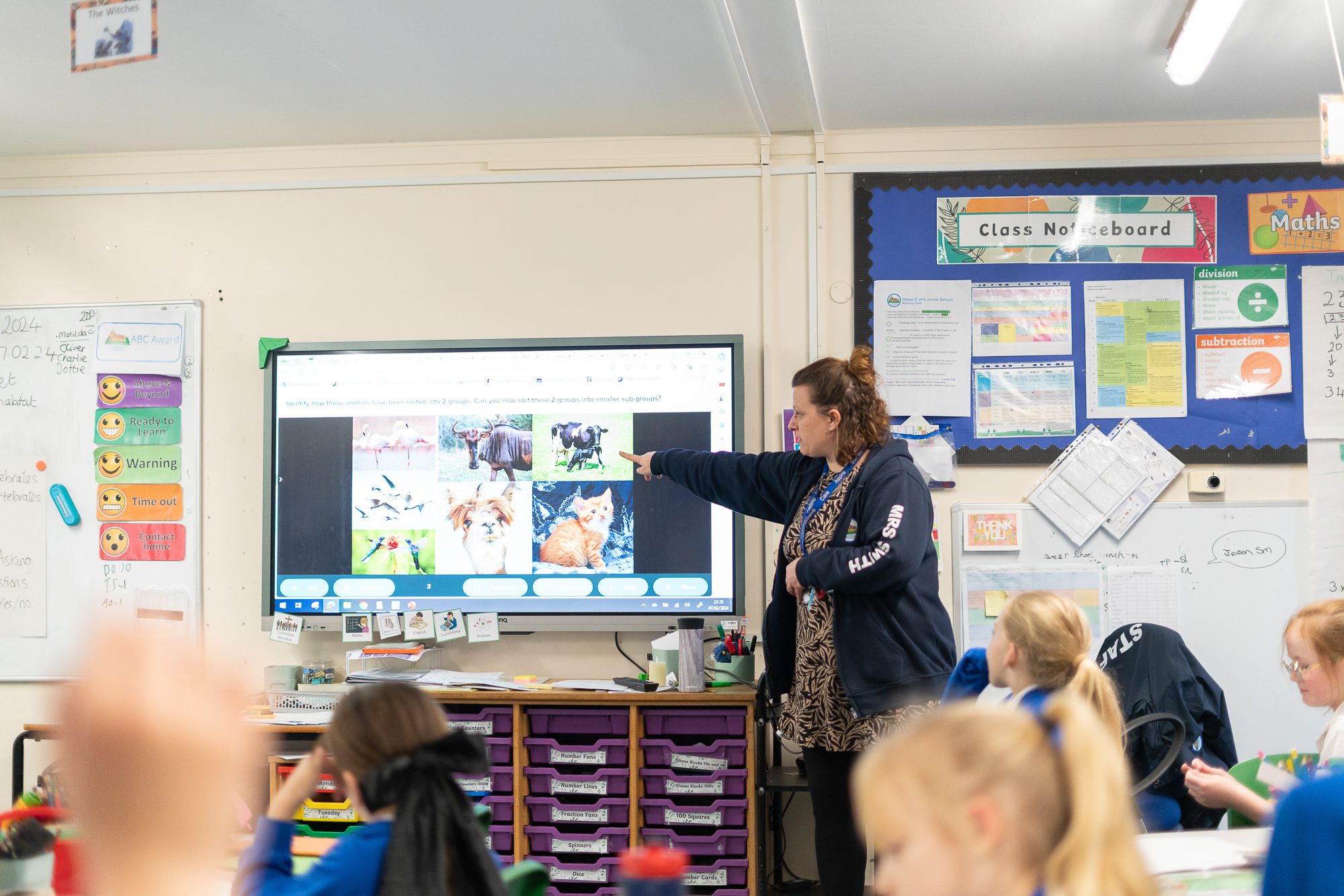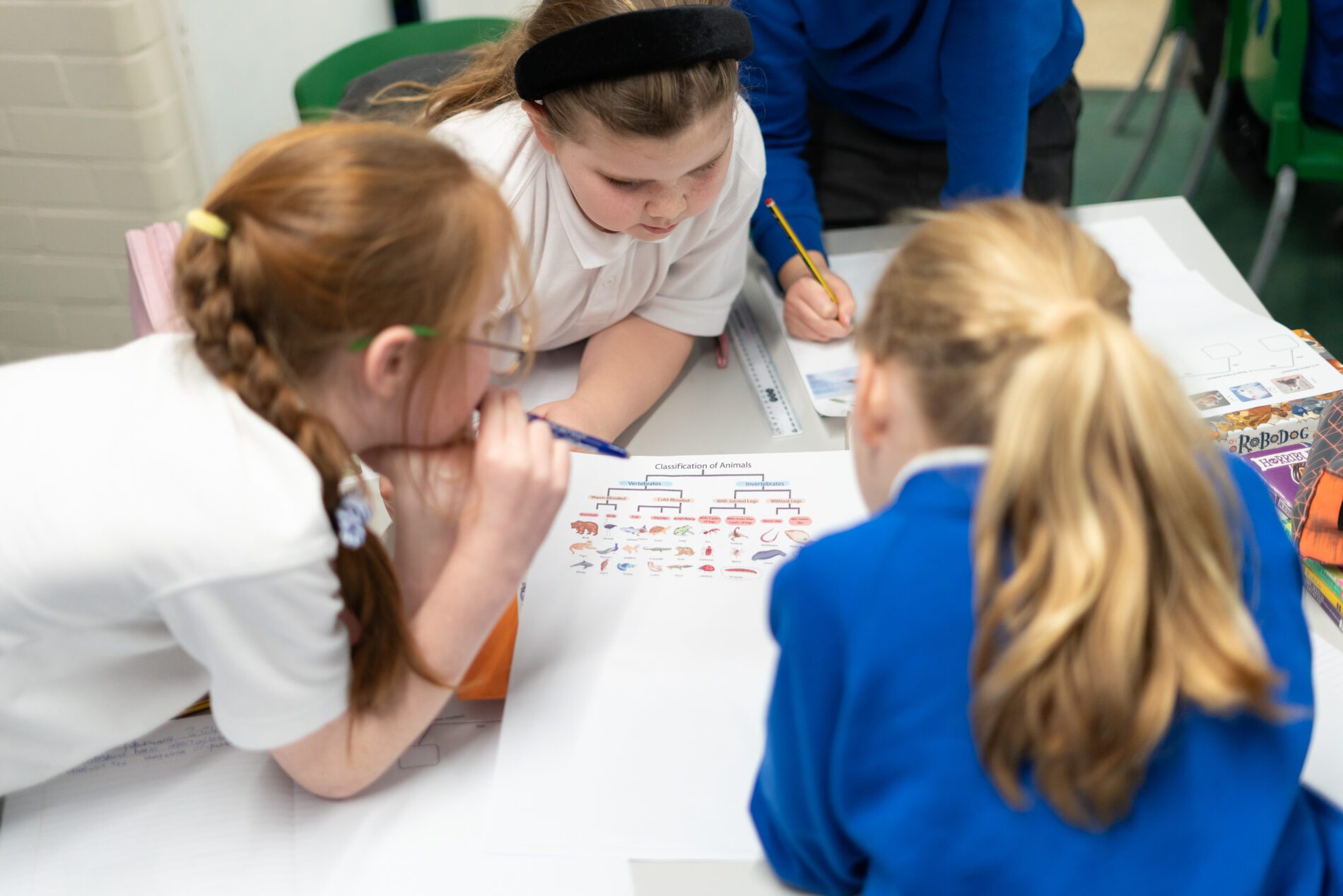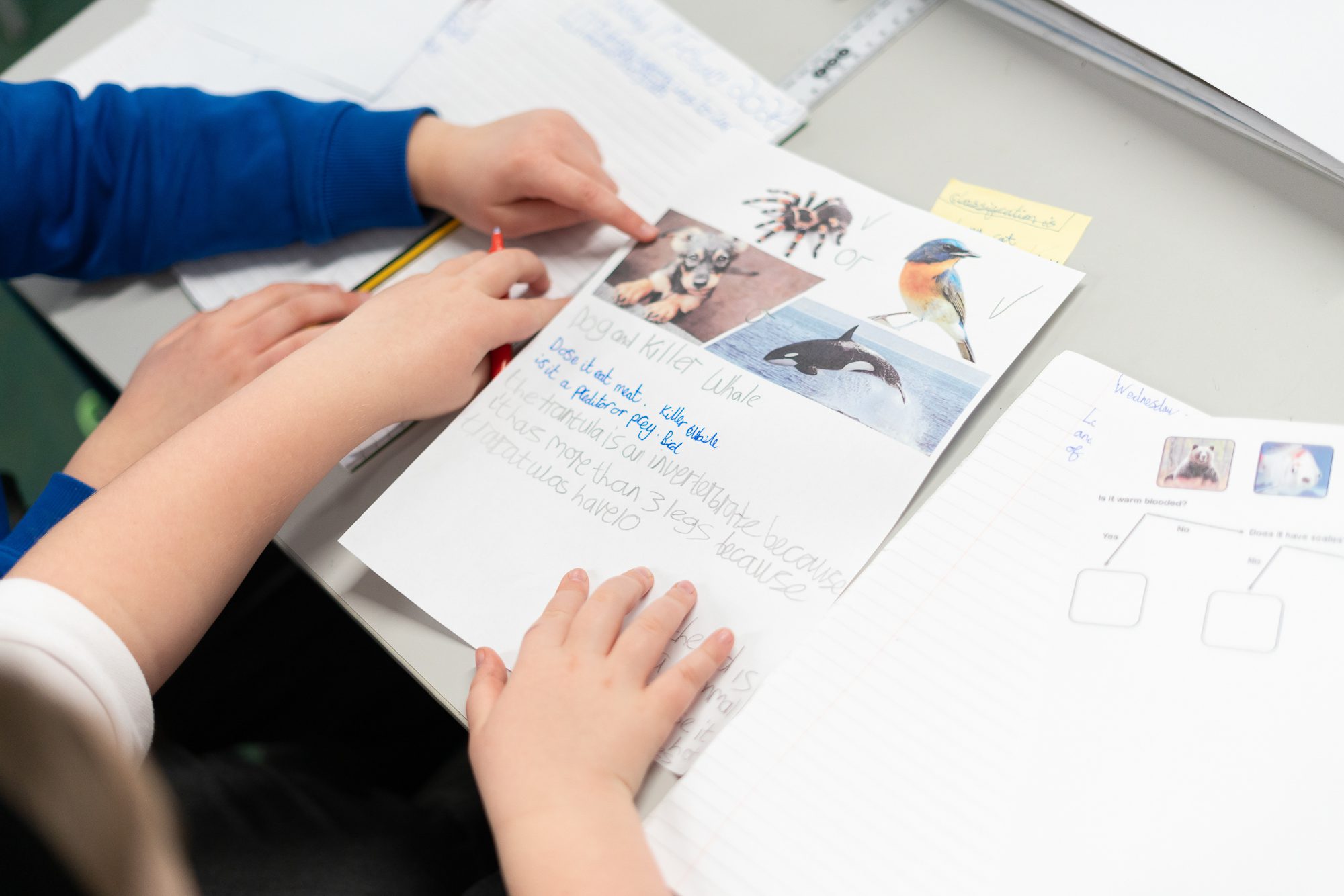Science Subject Leaders: Mr M Green
Studying Science at Ditton Junior, pupils will understand that Science is a subject about awe, wonder, curiosity and experimentation. Pupils will be inspired to consider problems or unknowns and then investigate resolutions and answers. Additionally, pupils today are growing up in a world where there is a STEM skills shortfall. We have a duty to prepare the next generation for jobs that are required to ensure our country and economy thrive.
Intent
At Ditton C of E Junior School our science curriculum aims, in line with the National Curriculum, to ensure that all pupils have the core Science knowledge in order to aid children’s understanding of the Big Ideas of Science in Physics, Chemistry, Biology and Earth Science.
Threads of scientific enquiry skills have also been selected as the drivers of delivering subject content. These include:
- observing over time
- pattern seeking
- identifying & classifying
- comparative testing
- fair testing
- research
Across a term, pupils have the opportunity to learn subject content in different ways in order to develop their scientific enquiry skills.


Implementation
Teachers create a positive attitude to science learning within their classrooms and reinforce an expectation that all children are capable of achieving high standards in science. Our whole school approach to the teaching and learning of science involves the following; Through our planning, we involve problem solving opportunities that allow children to find out for themselves. Children are encouraged to ask their own questions and be given opportunities to use their scientific skills and research to discover the answers. This curiosity is celebrated within the classroom and outside of the classroom as well as in the local community. Teachers use precise questioning in class to test conceptual knowledge and skills. We build upon the learning and skill development of the previous years. As the children’s knowledge and understanding increases, and they become more proficient in selecting, using scientific equipment, collating and interpreting results, they become increasingly confident in their growing ability to come to conclusions based on real evidence. Teachers demonstrate how to use scientific equipment, and the various Working Scientifically skills in order to embed scientific understanding. Children are assessed about their knowledge using creativity forms of assessment.
Impact
Children not only acquire the appropriate age related knowledge linked to the science curriculum, but also skills which equip them to progress from their starting points, and within their everyday lives. By the end of Key Stage 2, children have: A wider variety of skills linked to both scientific knowledge and understanding, and scientific enquiry/investigative skills. A richer vocabulary which will enable to articulate their understanding of taught concepts. High aspirations, which will see them through to further study, work and a successful adult life

Science Coverage Overview
Assessments
Teacher assessment is ongoing and forms part of our planning process in all subjects. Pupils’ attainment in all subjects is tracked 3 times per year against teacher assessment frameworks.
SEND Information
Interventions, support, and challenges are constantly revised and adapted to ensure all children are supported in achieving learning. Learning is robustly and continuously monitored and assessed to ensure gaps in learning are addressed. Teachers and support staff offer adaptive teaching to enable access for all, and may provide scaffolds, pre-teaching, and other support and intervention, as outlined in the Kent Mainstream Core Standards. Pupils may also be supported to access learning through the use of Clicker software.

